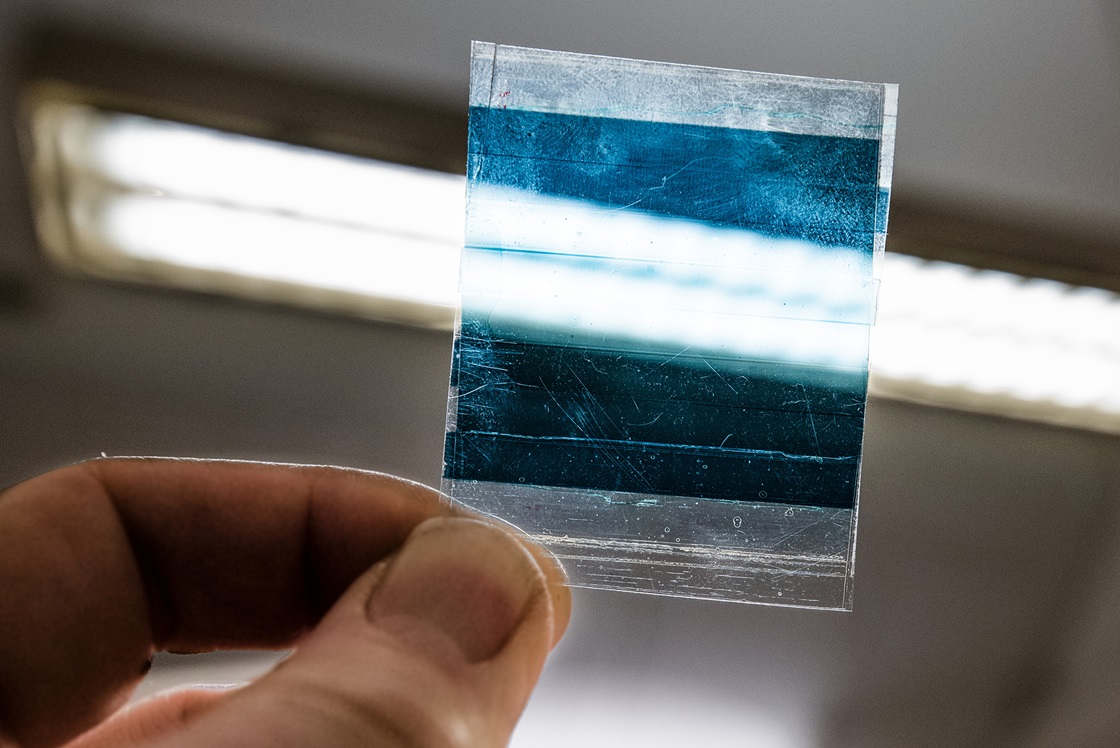The Technical University of Denmark (DTU) has announced plans for a project, involving industry partners, to develop colored PV modules.
The aim of the project is to produce solar modules for building-integrated PV (BIPV) applications that can be colored to fit the appearance of a structure without significantly compromising performance.
“Energy consumption in buildings accounts for nearly 40% of the total energy consumption in Denmark,” said DTU senior scientific officer Peter Poulsen. “Integration of solar cells in building materials is therefore increasingly important in the target to become independent of fossil fuels by 2050.”
The project will work to refine a method developed by manufacturer Danish Solar Energy Ltd, which operates a small manufacturing facility in the south of the country. Danish Solar’s technique hides solar cells behind a thin transparent film that has little effect on performance and can be easily colored.
A question of aesthetics
For rooftop solar and BIPV, aesthetic concerns are a factor holding back development, as architects are wary of using materials which do not fit their design principles. That has led colored modules to become a popular area for research, with Germany’s Fraunhofer ISE exhibiting its MorphoColor product – which can be produced in any color with no more than 7% relative efficiency loss – at the EU PVSEC show this year.
DTU’s project will also look at incorporating colored insulation plates into modules as an alternative process. “The aim is to be able to color solar cells so that they are similar to tiles, slate and patterns and are adaptable to virtually all buildings,” said Poulsen.
Colored modules will be produced and tested in a new laboratory planned for DTU’s Risø campus, with the first modules expected next year. “In Denmark we cannot compete on making inexpensive solar cells,” added Poulsen. “However, we can contribute to ensuring the technological solutions of tomorrow when it comes to building-integrated solutions.”
This content is protected by copyright and may not be reused. If you want to cooperate with us and would like to reuse some of our content, please contact: editors@pv-magazine.com.









By submitting this form you agree to pv magazine using your data for the purposes of publishing your comment.
Your personal data will only be disclosed or otherwise transmitted to third parties for the purposes of spam filtering or if this is necessary for technical maintenance of the website. Any other transfer to third parties will not take place unless this is justified on the basis of applicable data protection regulations or if pv magazine is legally obliged to do so.
You may revoke this consent at any time with effect for the future, in which case your personal data will be deleted immediately. Otherwise, your data will be deleted if pv magazine has processed your request or the purpose of data storage is fulfilled.
Further information on data privacy can be found in our Data Protection Policy.